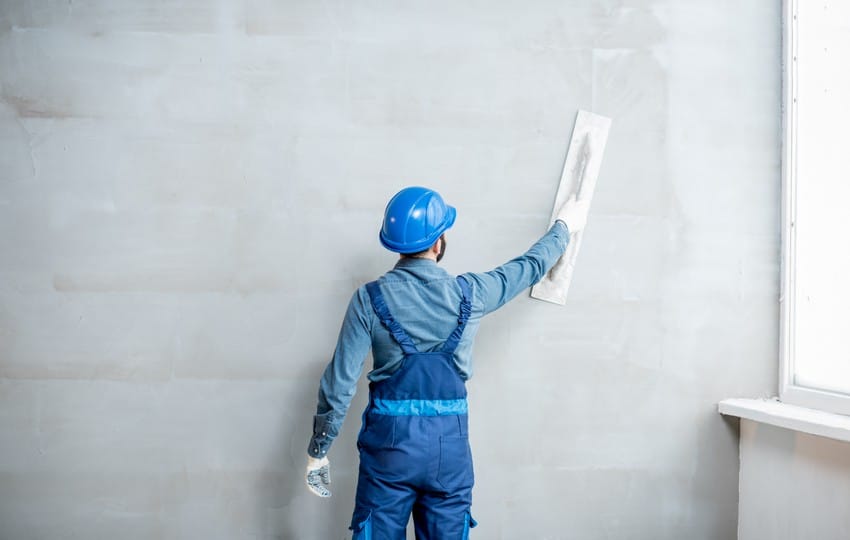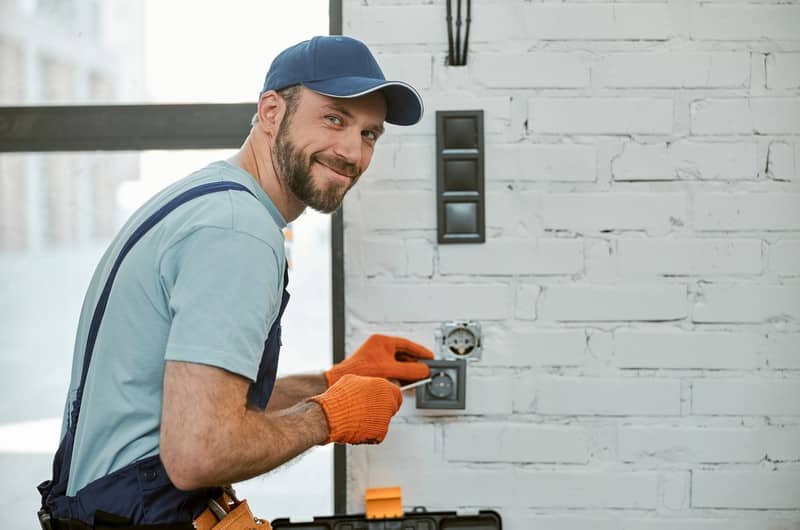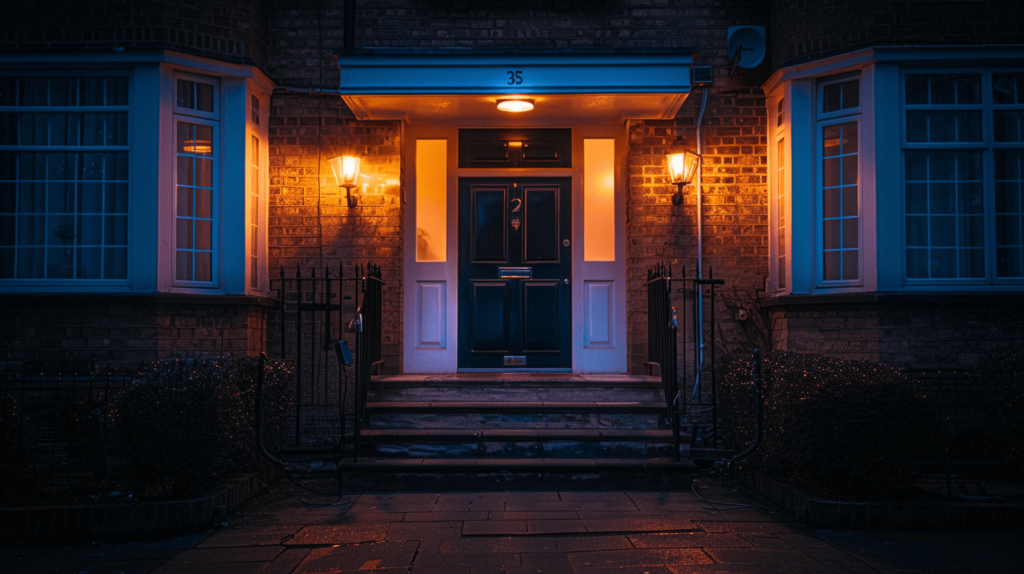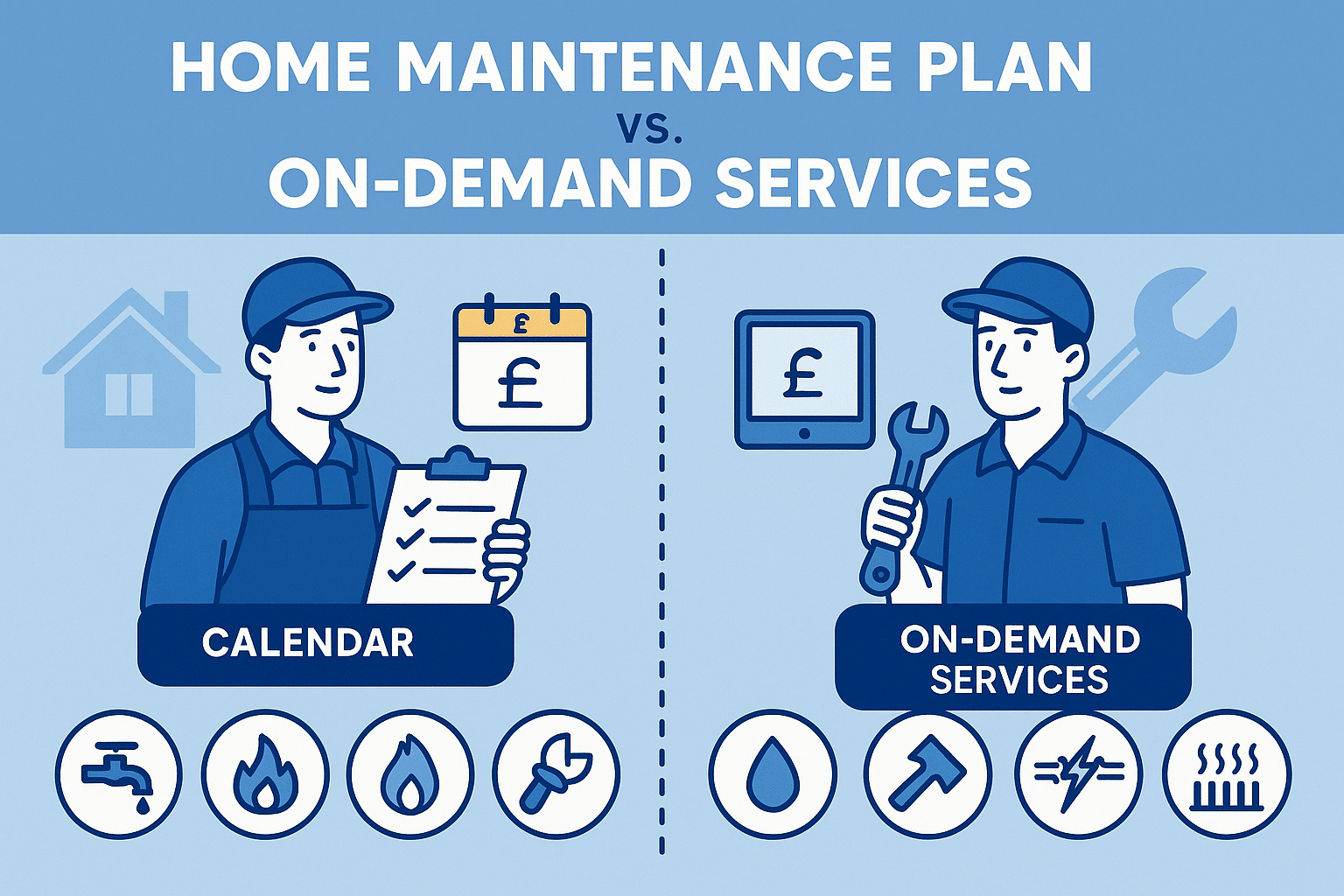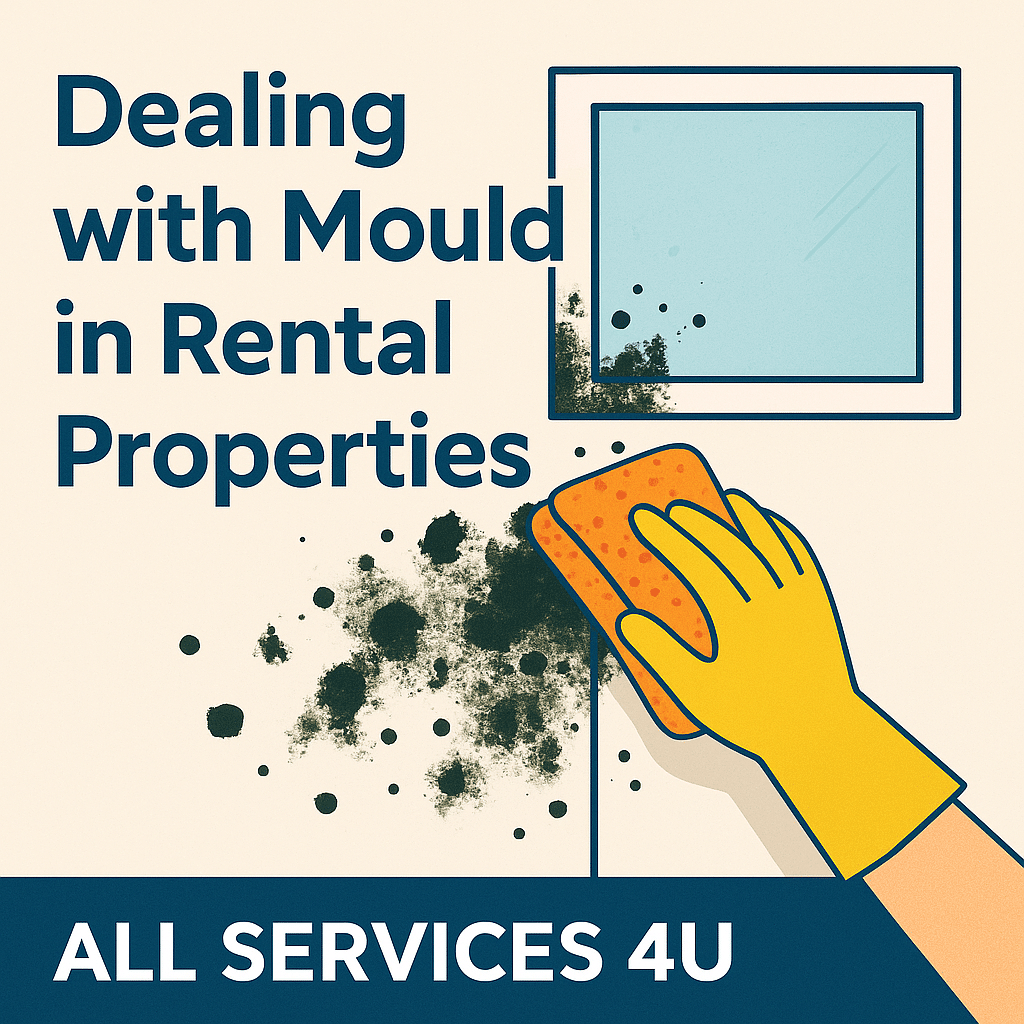Cleaning Services in London
Our comprehensive cleaning services in London cater to diverse needs, ensuring your space remains pristine. Contact us to discover tailored solutions.
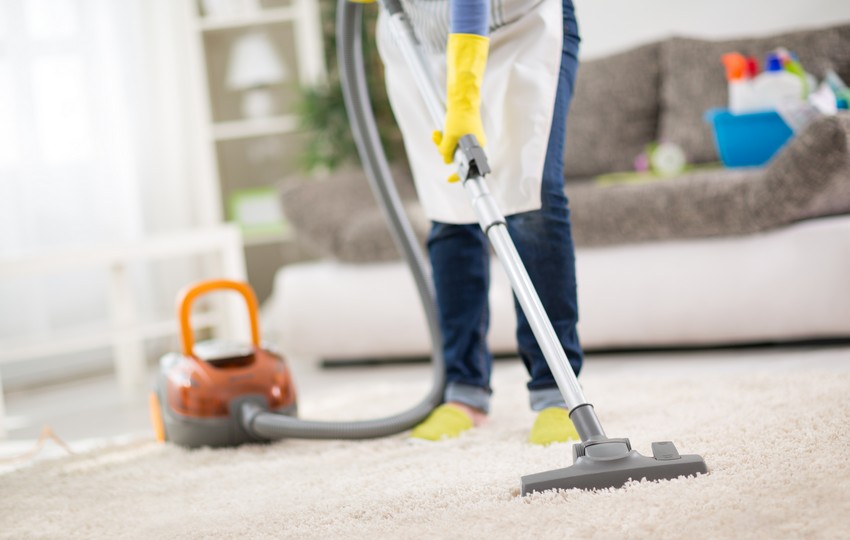
Comprehensive Cleaning Service Range
Why Choose All Service 4U for Cleaning Services in London

Fast Response
We guarantee swift, efficient service for your urgent cleaning needs.

No Hidden Costs
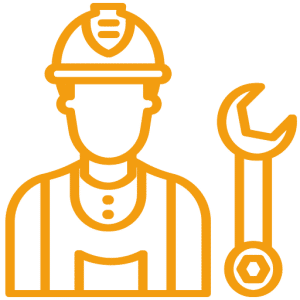
Qualified Experts

Free Quotes
- Appliance Cleaning Services
- Carpet Cleaning Services
- Commercial Carpet Cleaning Services
- Emergency Carpet Cleaning Services
- End Of Tennancy Cleaning Services
- Mold Remediation And Removal Services
- Emergency Mold Removal Services
- Mold Inspection And Assessment Services
- Professional Cleaning Services
- Structural Drying And Dehumidification Services
- Upholstery Cleaning Services
About All Service 4U
With years of dedicated service, All Service 4U has become a cornerstone of the London cleaning industry, known for our commitment to excellence and customer satisfaction.
- Founded with a vision for excellence
- Pioneers in eco-friendly cleaning
- Committed to customer satisfaction
- Leaders in innovative cleaning solutions
- Upholding the highest industry standards
![]()
Trusted Company
Our reputation is built on trust and reliability, ensuring your peace of mind with every service.
![]()
Experienced
Decades of industry experience equip us to handle all your cleaning challenges efficiently.
![]()
Skilled Professionals
Our team comprises certified professionals, rigorously trained to meet your cleaning needs.

Work Guaranteed
We stand behind our work, offering guarantees that underscore our commitment to quality.
Accreditations & Certifications
We’re Gas Safe, NICEIC Approved, and ISO 9001 & 45001 Certified, ensuring our services meet rigorous safety and quality standards.
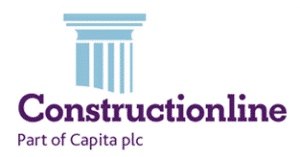


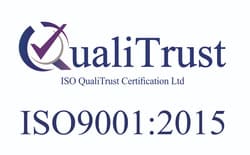
How Does All Service 4U Personalise Your Cleaning Plan?
At All Service 4U, we tailor cleaning services to fit your unique needs, considering your schedule, property specifics, and personal preferences.
- We assess your space and requirements
- Customizable packages for diverse needs
- Feedback informs our service refinement

About All Service 4U Core Services
Our flagship services address every aspect of property maintenance, ensuring your London home or business operates smoothly.
Plumbing & Heating
We provide comprehensive plumbing and heating services, from routine maintenance to emergency repairs, ensuring your comfort and safety.
Electrical Works
Our certified electricians deliver safe, efficient solutions for installations, wiring, and electrical repairs, adhering to the highest standards.
Locksmiths
Secure your property with our expert locksmith services, offering lock repairs, replacements, and emergency access with prompt response times.
Professional Cleaning
Experience our top-tier cleaning services, utilising eco-friendly products and advanced techniques for impeccable results in every corner.
Property Maintenance
We offer full-spectrum property maintenance, from structural repairs to aesthetic enhancements, prioritising longevity and value.
Appliance Installation
Trust our skilled technicians for precise appliance installations, ensuring optimal performance and integration into your space.
Clients Who Trust Us
Renowned names like Dominoes, McDonalds, Costa, and Adiuvo choose us for our consistent, quality service.
Worcester Boilers

Glow Worm Boilers

Valliant Boilers

Baxi Boilers

Ideal Boilers

Our Process
Initial Consultation
and Assessment
We begin with a detailed assessment of your space to understand your specific cleaning needs.
Customised Cleaning
Plan Development
Our experts craft a tailored cleaning plan, ensuring it aligns perfectly with your requirements.
Execution by Trained
Professionals
Our certified team executes the cleaning plan with precision, utilising the latest techniques and eco-friendly products.
Quality Assurance
and Feedback
We conduct thorough quality checks post-cleaning and welcome your feedback for continuous improvement.
What Sets All Service 4U Apart
Our integration of smart technology and specialised equipment ensures efficient, high-quality cleaning. Continuous service improvement is central to our ethos.
Continuous Support and Maintenance
At All Service 4U, we provide ongoing support and maintenance to ensure your Cleaning Services in London remain exemplary. Our plans include regular, scheduled cleanings tailored to your property’s needs, ensuring consistent quality and hygiene.
Clients can easily access support through our dedicated customer service channels. Our maintenance services are reliable due to our systematic approach to service delivery and our commitment to using the latest cleaning technologies and methods.
Services Tailored to Your Specific Needs
At All Service 4U, we begin by assessing your unique cleaning requirements through a detailed consultation. Our customizable options ensure that our services align with your expectations, from eco-friendly products to flexible scheduling.
We actively seek your feedback to refine our offerings. This continuous loop of communication and adaptation guarantees that our services not only meet but exceed your standards, maintaining our commitment to excellence in property maintenance.
Quality of Workmanship
At All Service 4U, our adherence to ISO 9001 and 45001 standards reflects our unwavering commitment to quality. We implement these through rigorous protocols and regular staff training sessions focused on the latest cleaning methodologies and customer service excellence.
Our quality assurance process is integral to our workflow, featuring regular inspections and client feedback mechanisms. This ensures our workmanship not only meets but consistently exceeds the high expectations you have for your London property’s cleanliness and maintenance.
Your Safety and Security
Our commitment to your safety begins with rigorous vetting and training of our staff in the latest security protocols. We maintain comprehensive insurance coverage to protect you and your property during our services.
Communication of safety standards is paramount. We ensure you’re informed of the measures in place, and our adherence to health guidelines is strict, providing you with peace of mind when using our cleaning services.
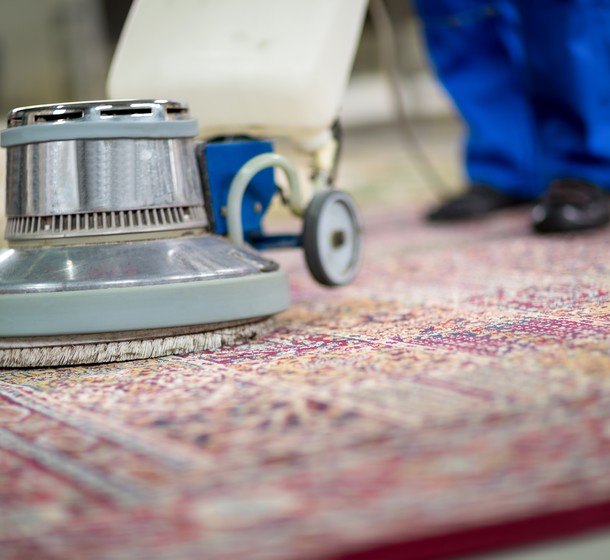
Call Today If You Have Any Problems
Please Call To Book A Plumber – Free No Obligation Quote with no hidden fees. We are professional and friendly.
Residential & Commercial Services
Our Cleaning Services in London adapt to the unique demands of your residential or commercial spaces, ensuring tailored solutions for every environment.
- Residential services focus on personalization
- Commercial offerings include large-scale solutions.
- We address individual homeowner preferences
- Commercial challenges met with advanced strategies

Sectors We Work In
At All Service 4U, we serve a diverse range of sectors within London, each with tailored cleaning protocols.
Qualified & Insured
Our staff hold NICEIC, Gas Safe, and ISO certifications, ensuring skilled service delivery.
All Service 4U professionals are fully insured, providing you with assurance in our services. Continuous training in the latest techniques and safety protocols keeps our team at the forefront of industry standards, offering you peace of mind and the highest level of service for your London property.

What clients are saying…
Super prompt service. Not taking financial advantage of an absent landlord. Kept being updated on what was going on and when. Was briefed by the engineer after the problem was fixed. Engineer was professional, friendly and prompt. Great value. Hig...
Thomas who came out was honest, helpful - set my expectations and above all - did a fantastic job. What an easy service to use and would recommend. Told me the price upfront as well so no hidden surprises.
Had someone available to sort the lock out within the timeframe specified and the price was notified up front, the locksmith texted to confirm appointment and arrived when he said he would after confirming our address. Problem was solved in a reas...
Our boiler stopped working, leaving us without heat and hot water. We reached out to All Service 4 UK, and they sent Kai, an engineer, who arrived promptly. Kai was professional and friendly, quickly diagnosing, explaining each step of the process...
Locksmith came out within half an hour of inquiry. Took less than a 5 mins getting us back in. Great service & allot cheaper than a few other places I called.
Had a plumber come out yesterday to fix temperature bar but couldn’t be done so came back out today to install a new one after re-reporting was fast and effective service got the issue fixed happy with the work that was done over the last few da...
Great customer service. The plumber came within 2 hours of me calling. The plumber Marcus had a very hard working temperament and did his upmost to help and find the route of the problem by carrying out all the checks. I really rated him. Wish the...
Called out plumber as noticed water draining from exterior waste pipe. Plumber came along to carry out checks to ascertain if there was a problem. It was found that water tank was malfunctioning and expelling excess water into drains rather than s...
We used this service to get into the house when we locked ourselves out. Very timely, polite and had us back in our house all within half hour of phoning them. Very reasonable priced too. I recommend if you have locksmith services required.
Renato the electrician was very patient polite quick to do the work and went above and beyond. He was attentive to our needs and took care of everything right away.
Very prompt service, was visited within an hour of calling and was back in my house within 5 minutes of the guy arriving. He was upfront about any possible damage, of which there was none. Very happy with my experience and would definitely recomme...
We are extremely happy with the service provided. Communication was good at all times and our electrician did a 5 star job. He was fair and very honest, and did a brilliant job. Highly recommend Pawel
Came on time, a very happy chapie called before to give an ETA and was very efficient. Kitchen taps where changed without to much drama. Thank you
Excellent service ! Lock smith there in 15 minutes and was able to gain access to my house and change the barrel with new keys.
Highly recommend this service 10/10
Thank you very much for your service when I needed it , I was locked out of the house with 2 young children in not very nice weather , took a little longer than originally said to get to us but still quick service at a reasonable cost , would reco...
The gentleman arrived promptly and was very professional explaining what he was going to do. He managed to get me back into my home in no time at all. I would recommend the service highly
Amazing service, answered the phone straight away, locksmith arrived in an hour as stated on the phone. He was polite and professional and managed to sort the issue within minutes and quoted a very reasonable price with no hidden extras.
Really pleased with the service ... I was expecting to get my locks smashed in but was met with a professional who carried out the re-entry with no fuss, great speed and reasonable price.
Called for a repair went out same day - job sorted with no hassle. Friendly, efficient and knowledgeable. Will use again if required in the future.
Even after 8pm Alex arrived within half an hour. He was very polite, explained his reasons for trying different attempts, took my preferences into account and put me at my ease at a rather stressful time.
The plumber arrived on time, was very friendly and fixed the problem quickly. Booking the appointment was very efficient and a plumber visited next day
Our Guarantee
- Full-Service Team
- Ongoing Customer Support
- 6 Months Workmanship Guarantee
- Full Manufacturer Warranty
- Qualified & Certified
- Prompt Arrival Pledge
- All rooms left as they were found
- Honest and transparent pricing
- 24/7 Emergency Assistance
- Rectify Issues: No Cost
We Make It Easy

Book An Appointment
Select your preferred date and service online; we’ll handle the rest.
We’re On Our Way
Our team adapts to your schedule, ensuring timely and efficient service.
Everything Explained
Transparent communication guarantees you understand all service details and costs.
Standard Rates (per hour)
| Rates | Mon-Fri 7am-6pm | Mon-Fri 6pm-12am | Saturday 7am-6pm | Saturday 6pm-12am | Sunday 7am-6pm | Sunday 6pm-12am | Mon-Sun 12am-7am |
| Appliances | £99.00 | £149.99 | £149.99 | £149.99 | £149.99 | £149.99 | £199.00 |
| Fridge/Freezers | £99.00 | £149.99 | £149.99 | £149.99 | £149.99 | £149.99 | £199.00 |
| Plumbing | £99.00 | £149.99 | £149.99 | £149.99 | £149.99 | £149.99 | £199.00 |
| Electrics | £99.00 | £149.99 | £149.99 | £149.99 | £149.99 | £149.99 | £199.00 |
| Heating & Gas Work | £99.00 | £149.99 | £149.99 | £149.99 | £149.99 | £149.99 | £199.00 |
| Drain Jetting & CCTV | £164.99 | £194.99 | £194.99 | £194.99 | £194.99 | £194.99 | £219.00 |
| Boiler Service | £99.00 | £164.99* | £164.99* | — | £164.99 | — | — |
| Gas Safety Certificate | £99.00 | £164.99* | £164.99* | — | £164.99 | — | — |
| Locksmith lock change labour | £59 | £69 | £69 | £69 | £69 | £69 | £69 |
Equipment & Materials
High-Quality Tools
Our cleaning arsenal includes HEPA philtre vacuums and microfiber cloths for superior results..
Eco-Friendly Focus
We prioritise biodegradable detergents and eco-friendly practices in every job.
- Use of HEPA philtre vacuums
- Microfiber cloths trap more dirt
- Biodegradable detergents for safety
- Steam cleaning for deep sanitation
- Non-toxic products protect health
- Advanced equipment for efficiency
- Eco-labels ensure sustainability
- Regularly updated cleaning technology
- Training in latest cleaning methods
- Adherence to environmental standards
Technological Advancements
Our commitment to innovation means employing the latest in cleaning technology, enhancing our efficiency and the overall effectiveness of our services. This ensures that you receive not only a thorough clean but one that leverages modern advancements for a healthier, safer environment.
Project Timeframes
Our cleaning services are designed to fit your schedule, with most jobs completed within a single day.
Efficient Completion
We ensure efficiency with a structured approach, adhering strictly to project timelines.
Timeline Management
- Detailed project planning
- Regular progress monitoring
- Swift response to adjustments
Handling Urgent Requests
For urgent or large-scale projects, our team mobilises quickly, scaling resources to meet your timeframe without compromising on service quality.

Get a FREE Quotation
Please Call To Book A Property Maintenance Expert – Free No Obligation Quote with no hidden fees. We are professional and friendly.
Industry Leading Customer Services
Reliable
Our customer service is available 24/7 for your convenience and peace of mind.
Responsive
We respond promptly to all inquiries, ensuring your concerns are addressed quickly.
Proactive
Feedback is actively sought and used to continuously improve our services.
Seamless Experience
From first contact to post-service follow-up, we ensure a hassle-free experience for you.
- Comprehensive training for all staff
- Advanced systems for issue tracking
- Personalised service for every client
- Commitment to exceeding expectations

Frequently Asked Questions
Explore our FAQ to understand how we tailor our cleaning services to your specific needs.
What Are the Benefits of Eco-Friendly Cleaning Services?
When you choose eco-friendly cleaning services, you’re not only ensuring a pristine environment for your home or business but also contributing to a healthier planet. We at All Service 4U are committed to incorporating sustainable practices into our cleaning services, which offer numerous benefits to our clients and the environment.
Eco-friendly cleaning solutions reduce the exposure to harsh chemicals, making your living and working spaces safer, especially for children, pets, and those with allergies. By using biodegradable detergents and low-impact cleaning methods, we minimise harmful runoff into waterways, protecting local ecosystems.
Our selection process for green products involves rigorous evaluation of their environmental impact, effectiveness, and safety. We prioritise products with eco-labels that meet strict environmental standards and are continually researching the market for the latest advancements in sustainable cleaning.
We are proud to have received recognition for our commitment to eco-friendly initiatives. Our certifications in this area underscore our dedication to green practices and our role in leading the industry towards more sustainable operations.
Our Eco-Friendly Practices
- Biodegradable Detergents: We use cleaning agents that break down harmlessly in the environment.
- HEPA Philtres: Our vacuum cleaners are equipped with HEPA philtres to trap fine particles without releasing them back into the air.
- Microfiber Technology: Microfiber cloths and mops capture more dirt and dust with less water and chemicals.
- Steam Cleaning: This method uses high-temperature steam to sanitise surfaces without chemicals.
- Recycling and Waste Reduction: We implement recycling and waste reduction strategies in our operations.
Continuous Improvement
Our commitment to eco-friendly cleaning is not static; we are constantly seeking ways to improve and expand our green cleaning practices. We listen to your feedback and are open to exploring new methods that align with our environmental ethos. With All Service 4U, you can trust that your cleaning services are carried out with the utmost respect for the environment, providing you with a clean space and a clear conscience.
What Specialised Cleaning Services Are Available for Unique Property Needs?
When you’re looking for specialised cleaning services in London, it’s essential to find a provider that can cater to the unique needs of your property. Whether you require allergen reduction for a home environment, antiviral sanitization for a business, or tailored cleaning for cultural heritage properties, the right services can make all the difference.
Our team at All Service 4U is equipped with the expertise and equipment necessary to perform a wide range of specialised cleaning tasks. We understand that each property has its own set of challenges, which is why we offer bespoke solutions to meet your specific requirements.
Specialised Services We Offer:
- Allergen Reduction: Ideal for homes and facilities where air quality is paramount, we use specialised philtres and cleaning methods to reduce the presence of allergens.
- Antiviral Sanitization: Utilising the latest in biocidal technology, our services ensure your spaces are free from viruses and bacteria, providing safety and peace of mind.
- Pet-Friendly Techniques: We employ safe cleaning practices that protect your pets’ health while ensuring a clean environment.
- Cultural Heritage Property Care: Our experts are trained to handle the delicate requirements of heritage properties, using gentle yet effective techniques to preserve their integrity.
Benefits of Choosing Our Specialised Services:
- Tailored Approach: We assess your property’s specific needs to provide a cleaning plan that’s right for you.
- Advanced Equipment: From HEPA vacuums to microfiber cloths, we use the best tools for the job.
- Expertise: Our professionals are trained in specialised cleaning services, ensuring top-quality results.
- Health and Safety: We prioritise your health and safety, using non-toxic, eco-friendly products.
By choosing All Service 4U for your specialised cleaning needs, you benefit from a service that’s not only effective but also mindful of your property’s unique characteristics and requirements.
How Can You Schedule Cleaning Services to Fit Your Busy Lifestyle?
Understanding that your time is valuable, we offer flexible booking and scheduling options to accommodate your busy lifestyle. Whether you need a one-time deep clean, regular maintenance, or emergency services, our goal is to provide you with cleaning services that fit seamlessly into your schedule.
One-Time and Regular Cleaning Options
- One-Time Cleaning: Ideal for post-event cleanups or before a special occasion.
- Regular Cleaning: Choose from weekly, bi-weekly, or monthly services for ongoing cleanliness.
Emergency and Last-Minute Requests
- Emergency Services: We’re here for you when unexpected situations arise, ready to respond promptly.
- Last-Minute Bookings: Our system allows for flexibility, so you can book services even at short notice.
Customizable Scheduling
- Personalised Schedules: Tell us your preferred times, and we’ll work to accommodate them.
- Online Booking: Use our website or app to schedule services at your convenience.
Ensuring Availability and Reliability
- Advanced Booking System: Our robust scheduling system ensures service availability.
- Reliable Service: We pride ourselves on punctuality and dependability for every job.
We understand that your needs may change, which is why we offer the ability to reschedule or cancel services with reasonable notice. Our customer service team is always ready to assist you with any adjustments to your bookings.
At the heart of our service is a commitment to making your life easier. We strive to provide cleaning services that not only meet but exceed your expectations, ensuring that your London property is always at its best. With our flexible scheduling options, you can rest assured that your cleaning needs will be taken care of, no matter how busy your life gets.
How Does a Cleaning Service Ensure Client Satisfaction and Address Feedback?
Ensuring client satisfaction is a cornerstone of our service at All Service 4U. We measure satisfaction through various channels, including post-service surveys, direct feedback, and monitoring of online reviews. Our commitment to you is reflected in our satisfaction guarantee, which offers resolutions to any service shortfalls.
We take pride in our responsive approach to client feedback. Your suggestions are invaluable; they inform our continuous improvement processes and help us to refine our services. We maintain an open dialogue with you to ensure that our cleaning services not only meet but exceed your expectations.
In the rare event that issues arise, we have a systematic process for prompt resolution. Our customer service team is empowered to address concerns quickly and effectively, ensuring minimal disruption to you. We also offer service recovery options tailored to your situation, demonstrating our dedication to your satisfaction.
Our Assurance to You
- Satisfaction Guarantee: If our cleaning doesn’t meet your standards, we’ll re-clean the area at no extra cost.
- Feedback Integration: Your input directly influences our training and service protocols.
- Rapid Resolution: We prioritise swift action to address and rectify any service issues.
Steps for Resolution
- Immediate Acknowledgment: We recognise and log your concern as soon as it’s raised.
- Assessment and Action: Our team assesses the issue and takes appropriate action to remedy the situation.
- Follow-Up: We follow up with you to confirm that the resolution is satisfactory.
Our proactive measures ensure that your experience with our cleaning services remains positive throughout. We understand the importance of trust and reliability, and we strive to uphold these values in every interaction with you. Your satisfaction is the metric by which we measure our success, and we are committed to delivering cleaning services that you can depend on.
Why Is Professional Cleaning a Must for Your London Property?
Professional cleaning services are not just about maintaining appearances; they are a critical investment in the health, safety, and longevity of your London property. By entrusting your cleaning needs to experts, you ensure that your space is not only visually appealing but also hygienically sound, which is particularly important in a bustling metropolis like London.
Health Benefits
- Allergen Reduction: Professional cleaning removes dust, pollen, and other allergens, improving indoor air quality.
- Sanitization: Regular deep cleaning eliminates germs and bacteria, reducing the risk of illness.
Safety Advantages
- Accident Prevention: Cleaners remove hazards that could cause slips or falls.
- Fire Risk Reduction: Elimination of dust and clutter reduces potential fire hazards.
Aesthetic and Maintenance Perks
- Pristine Appearance: Expert cleaning leaves your property looking its best, making a positive impression on visitors or customers.
- Preservation of Assets: Regular cleaning prolongs the life of carpets, floors, and fixtures, safeguarding your investment.
Value Enhancement
- Property Value: A well-maintained property retains its value and can even increase in market worth.
- Business Image: For commercial properties, a clean environment reflects professionalism and attention to detail.
Risk Mitigation
- Damage Avoidance: Professionals use the right products and techniques to prevent damage to surfaces.
- Liability Reduction: A clean environment minimises the risk of accidents that could lead to liability issues.
Choosing professional cleaning services means you’re not just cleaning your property; you’re enhancing and protecting it. The expertise that professionals bring to the task ensures that every corner of your space receives the care it needs, using the most effective and safe cleaning methods available. Whether you’re a homeowner or a business owner, investing in professional cleaning is a wise decision that pays dividends in health, safety, and value.
What Are the Advantages of Scheduling Regular Cleaning Services?
Regular cleaning services provide numerous benefits for your London property, from maintaining a pristine environment to enhancing indoor air quality. At All Service 4U, we understand that each property owner has unique needs, which is why we offer tailored cleaning plans. Regular cleaning not only contributes to a healthier living and working space by reducing allergens and bacteria but also saves you time and effort, allowing you to focus on other important tasks.
Tailored to Your Needs
- We assess your property to determine the frequency and type of cleaning required.
- Our plans are flexible, designed to fit around your busy schedule.
- We accommodate special requests, such as eco-friendly products or focus areas.
Health and Hygiene
- Regular cleaning reduces dust, allergens, and pathogens, promoting better air quality.
- Our thorough cleaning protocols target high-touch areas to minimise the spread of germs.
Time-Saving
- Outsourcing cleaning to professionals frees up your time for personal or business pursuits.
- We handle all aspects of cleaning, from procurement of supplies to disposal of waste.
Consistent Cleanliness
- A regular schedule ensures your property remains consistently clean and presentable.
- We maintain high standards, preventing the build-up of grime and prolonging the life of your interiors.
By choosing All Service 4U for your regular cleaning needs, you’re investing in the longevity and health of your property. Our commitment to quality and customer satisfaction means that you can trust us to deliver exceptional cleaning services that meet the unique demands of your London property.
We provide other services like
Case Studies
Areas We Cover
- Barking and Dagenham
- Barnet
- Bexley
- Brent
- Bromley
- Camden
- Croydon
- Ealing
- Enfield
- Greenwich
- Hackney
- Hammersmith and Fulham
- Haringey
- Harrow
- Havering
- Hillingdon
- Hounslow
- Islington
- Kensington and Chelsea
- Kingston upon Thames
- Lambeth
- Lewisham
- Merton
- Newham
- Redbridge
- Richmond upon Thames
- Southwark
- Sutton
- Tower Hamlets
- Waltham Forest
- Wandsworth
- Westminster



